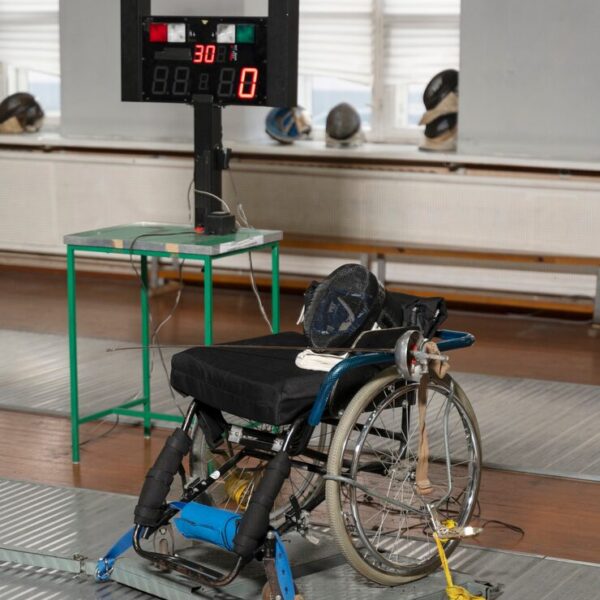Finding the Right Bipolar Depression Treatment Options
Living with bipolar depression can be a daily struggle, affecting mood, energy levels, and the ability to enjoy life. While it can feel overwhelming, the good news is that professional help is available and effective. Finding the right bipolar depression treatment can transform lives by reducing symptoms, improving stability, and restoring a sense of balance. Understanding what treatment options exist and how to choose the best program can make a meaningful difference in long-term recovery.
Why Bipolar Depression Requires Specialized Treatment
Bipolar depression is different from general depression because it involves alternating mood episodes of highs (mania or hypomania) and lows (depression). Treating only one side of the condition may not provide lasting relief. Specialized treatment is crucial because it focuses on managing both aspects, reducing the risk of relapse, and improving overall functioning.
Types of Bipolar Depression Treatment Programs
Treatment programs vary depending on the severity of symptoms, medical history, and lifestyle needs. Some of the most common include:
- Inpatient Care: Best for individuals experiencing severe episodes or at risk of harm. Provides 24/7 supervision and structured therapy.
- Outpatient Programs: Flexible schedules allow patients to receive treatment while continuing daily activities like work or school.
- Partial Hospitalization Programs (PHP): Intensive daytime treatment combined with evenings at home.
- Intensive Outpatient Programs (IOP): Therapy several days per week with a focus on stability and skill-building.
- Medication Management: Essential for balancing mood swings and reducing symptom intensity.
Key Therapies Used in Bipolar Depression Treatment
Several evidence-based therapies are commonly used, including:
- Cognitive Behavioral Therapy (CBT): Helps individuals recognize negative thought patterns and replace them with healthier responses.
- Dialectical Behavior Therapy (DBT): Focuses on emotional regulation, mindfulness, and stress management.
- Interpersonal Therapy (IPT): Addresses relationship challenges and social functioning.
- Family Therapy: Encourages family involvement to build a supportive recovery environment.

Choosing the Right Depression Treatment Center
Selecting the right facility plays a vital role in recovery. A quality depression treatment center should include licensed professionals, customized treatment plans, and holistic support options. Look for centers that combine therapy, medication, and lifestyle approaches while offering aftercare programs to prevent relapse. Visiting the center, speaking with staff, and reviewing patient testimonials can also help guide your choice.
Benefits of Seeking Professional Help Early
Early intervention can significantly improve outcomes. When bipolar depression is left untreated, it can lead to worsening mood episodes, relationship difficulties, and even health complications. With timely treatment, individuals often experience:
- Improved mood stability
- Better coping mechanisms
- Reduced hospitalizations
- Stronger relationships
- Greater independence and productivity
Real-Life Outcomes and Statistics
Studies show that individuals who receive structured bipolar depression treatment are more likely to achieve long-term stability compared to those who only rely on medication or minimal therapy. According to mental health research, approximately 60% of patients experience noticeable improvement with combined therapy and medication management. This highlights the importance of choosing a program that addresses multiple aspects of the condition.
Practical Tips for Supporting Recovery
Recovery is not only about treatment sessions but also about building healthy daily habits. Here are some helpful strategies:
- Maintain a regular sleep schedule to support mood stability.
- Stay physically active, as exercise can reduce symptoms of depression.
- Limit alcohol and substance use, which may trigger mood swings.
- Build a strong support network with family and friends.
- Stay consistent with therapy and medication plans.
Conclusion
Bipolar depression is a complex condition, but with the right support, recovery and stability are achievable. Finding the right bipolar depression treatment requires careful consideration of therapy methods, treatment settings, and the quality of the depression treatment center. By taking action early and seeking professional care, individuals can regain balance and lead fulfilling lives.
FAQs
Q1: Can bipolar depression be managed without medication?
While therapy and lifestyle changes play an important role, most people benefit from a combination of medication and therapy for long-term stability.
Q2: How long does bipolar depression treatment usually last?
The duration varies based on the individual, but many people require ongoing support. Some may need structured programs for several months, followed by maintenance care.
Q3: What should I look for in a treatment center?
Focus on centers with licensed staff, personalized treatment plans, evidence-based therapies, and strong aftercare programs to support long-term recovery.






